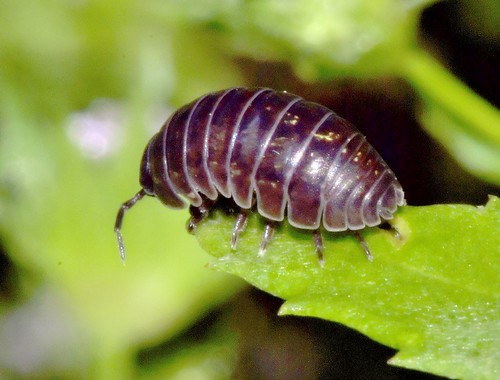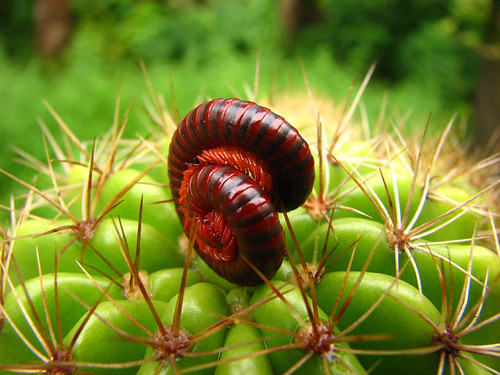
TheGardenLady received the following question.
I liked your site very much and would like to ask you what do I need to do to eliminate pests in an organic garden? I dont want to use any chemicals since the whole point is to eat what we grow and stay healthy. Do you have any good ideas?
TheGardenLady is pleased to know when readers enjoy the site.
What to do to eliminate pests in an organic garden is an excellent question. The answer is not short because there are many good ideas for keeping organic gardens pest free. Since fall is here, I will begin this answer now but will continue answering your question during the gardening year.
The first thing one should do in the fall is to get your gardens ready for the spring planting. Insects hide and breed in old, sick and dead plant material. So now is the time to clean your garden. Cut back leaves of perennials. After a heavy frost, remove all blackened plants such as zinnias, petunias, marigolds, etc.
Be absolutely sure that you clean diseased material from your garden. Remove and destroy plant stems on any perennials which may have had diseased foliage. Peonies, lilies, roses are some examples of plants that get diseases. Never compost any diseased material. THROW IT OUT! Good sanitation now will result in fewer problems next spring.
It is best to get rid of all the old dead plant material in the fall making it easier to start gardening in the Spring. But to pull out all the dead plants or not to pull out all the dead plants- that is the question. Insects will overwinter in dead plants- good insects as well as bad insects and birds and other wildlife will enjoy some of the plant material. If you are planning a vegetable garden in a certain location, TheGardenLady recommends cleaning out all the dead vegetable plants. However, if you leave some dead Native plants that offer berries and seeds in your flower beds, you might encourage some good insects to overwinter and help feed birds and wildlife in the winter.
Do pull out all weeds. This will prevent weeds from dropping seeds.

Rake and clean up leaves. Decaying organic matter like leaves tends to increase the millipedes, pill bugs, and other nuisance pests. You can compost the leaves or if you have a mulching lawnmower, use it to make mulch.
Turn the soil over in vegetable and flower gardens. Litter-free areas in the garden or under fruit trees will help eliminate many disease and insect problems the following season. Open spaces of fallow, weed-free soil are more attractive in winter and will make the soil ready for planting early next spring.
This is a good time to spread manure and compost onto your gardens. You can spade it in when Spring arrives after the ground thaws.
Now is the time to analyse your soil especially if you know what you want to plant in the area where you are taking soil samples. TheGardenLady recommends that you get a soil analysis kit from your local Master Gardener office. They will sell you the kit for a nominal price and send you a detailed analysis of your soil and tell you any amendments you need to add.
Winter is the time to read catalogs to see what plants you want to grow. Try to look for plants that are disease resistant. Newer seeds are coming out that are more disease resistant. So you should consider them when deciding what you want in your garden.
Discussions on the best approach to organic methods of gardening are referred to as IPM which stands for integrated Pest Management. IPM is the ongoing monitoring of your garden. If you wish to check out computer websites on IPM, look for ones from your local extension or government. See here.
